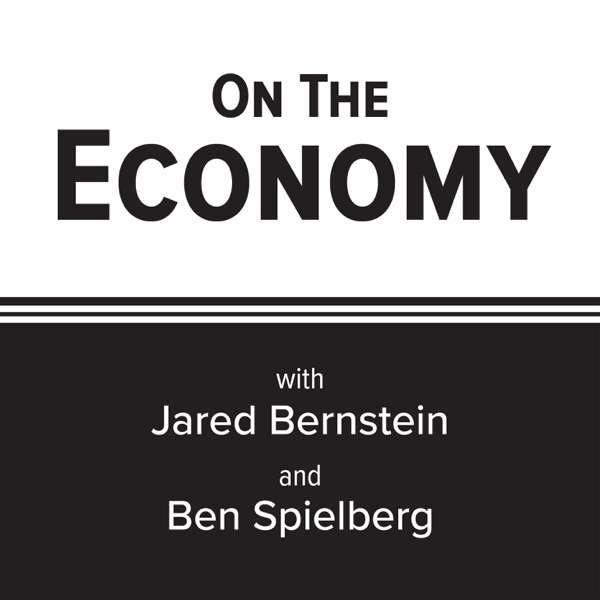Want to see hundreds of expensively dressed men and women trading verbal punches? Look at any election for the United States Congress.
Political slugfests also happen in Britain, Australia, Canada, and elsewhere. But the stunning thing about America’s particular free-for-all is how the disappearance of one small phrase can suddenly send incumbents scrambling to rewrite their battle plans.
Only a few weeks before one election began unrolling, the president did the unthinkable to his fellow party politicians. He jettisoned a two-year old catchphrase that had united them in promoting an increasingly unpopular overseas war.
Instantly and completely the sound bite, “Stay the Course”, disappeared from his speeches and statements.
The president’s companion attack mantra “Cut and Run” disappeared as well. “Stay the Course” evoked the image of an unswerving ship’s captain. “Cut and Run” suggested a battlefield coward.
“Stay the Course” first appeared in print in the mid 1880’s, and applied to a race horse’s ability to cross the finish line as a winner. By the end of World War I, politicians had reined it to their own purposes.
“Cut and Run” was actually the nautical term and long an established military tactic used by sailing ships under sudden attack. It goes back over 200 years. To free a vessel for quick escape the anchor cable would be slashed, allowing it to fall into the sea as sails were raised.
There is nothing like a war to generate political slogans. Recent hostilities have inspired presidential “We’ll Stand Down When They Stand Up”, and “Mission Accomplished”. The latter appeared as signage behind the president on the deck of an aircraft carrier. And “Protecting America” was posted at the signing table of the much-distrusted Military Commissions Act of 2006.
But for raw power and simplicity, no one beats the ancient Roman, Cato. The senator became famous for closing all his speeches with the imperative, “Carthage Must Be Destroyed!” Rome eventually attacked.
Election watchwords range from sweet to sarcastic, from personal praise to attacks and counter attacks. Sometimes they even take sides on an issue. Often developed by a campaign team of three to four people, they can be stabs in the dark, seeking to hit an emotion, evoke an impression, or trigger a voter’s mood such as optimism, anxiety , anger or apprehension.
Many times, because they have the impossible task of being distinct and memorable while remaining vague, they fail. The beauty of a political slogan lies in its ability to imply much and say little.
Consider this from the Scottish National Party: “The Power for Change” and “It’s Scotland’s Oil”. Or this from different parties in Canada: “Moving Forward” and “Someday is Now”. From Australia: “When It Matters” and “We’re for the Country”.
In the UK the war of watchwords brought forth from the Labour Party “New Labour, New Life for Britain”, which was countered by the Conservatives with “New Labour, New Danger”. The mysterious appeared in “Britain Forward Not Back” and “Are You Thinking What We’re Thinking?”. And there was the especially irrelevant, “Proud of Britain”.
But no place produces more sloganeering variety than America. How important is it there?
[Thanks for joining us at EnglishMojo.com.]
If cost is any indication, one group estimates that spending one season for 468 positions in Congress reached 2.6 billion dollars. That works out to nearly six million dollars per seat, and is said to average about $60 per vote in the Senate, and $35 per vote in the House.
That’s a long way from the quaint 1840’s “Tippecanoe and Tyler Too” and the beginnings of presidential campaigning. Americans have since gone through “A Square Deal” from Teddy Roosevelt, and the “New Deal” from his cousin Franklin. They’ve seen the “New Nationalism” also from Teddy, “New Freedom” from Woodrow Wilson, the “New Frontier ” first from Alf Landon, then from John Kennedy, the “New Beginning” from Ronald Reagan and the “New Covenant” from Bill Clinton.
They struggled through the great economic depression with “A Chicken in Every Pot” and “We Are Turning The Corner” with Herbert Hoover. They endured unabashed cheerleading from “I’m Just Wild About Harry” for Truman, “I Like Ike” and “I Still Like Ike” for Dwight Eisenhower, and ”All the Way with LBJ” for Johnson. then there’s the prophetic ”Nixon’s The One”.
Common marketing wisdom tells us resonance is all. The US electorate had trouble harmonizing with Bill Clinton’s “Putting People First” and his lyrical “Don’t Stop Thinking about Tomorrow”. What finally struck a chord with voters was that sardonic reminder said to have circulated first among campaign workers, “It’s the Economy, Stupid”.
The Bush presidents have been lit by the soft glow of “A Kinder, Gentler America” for George H. W. and “No Child Left Behind.” for son George W.
Of course not all presidential sloganeering is polite. Maybe the mood changed back in the 1960’s when Barry Goldwater faced off against LBJ with “In Your Heart, You Know He’s Right”. Johnson supporters came back with the unofficial, “In Your Guts, You Know He’s Nuts”. But way back in 1884 things went nasty too for Grover Cleveland when his opponent used the slogan, “Ma, Ma, Where’s My Pa?”, a reference to Cleveland’s fathering an illegitimate child ten years before. The attack slogan was born.
Negative campaign ads like the one questioning Nixon’s first presidential bid, “Agnew for Vice President?” told the electorate what to think by pretending to ask. Reagan came at Carter with “Are You Better Off Now Than You Were Four Years Ago?”. Four years later Reagan’s challenger swung at the former movie star with, “Alan Cranston, Not Just Another Pretty Face”.
A bit of humor is often welcome, even for the most distasteful issues. Witness the riposte in the wake of the Foleygate sex scandal, “Save a Page, Vote Democrat”.
In 1886 in Vermont the hopeful Governor and Lieutenant Governor team of Ormsbee and Fuller consisted of two one-armed amputees who used the slogan, “Two Good Arms Between the Two of Us”.
In the end any political catchphrase must address a single question with a single statement.
What do voters want in a candidate today? Honesty? Reliability? Protection? Belonging? Love? Prosperity? One Minnesota mother of teenage children who took a stab at the US Congress as Candidate Wendy Wilde whose web site included the sub-headings, “Play fair” about tax equity, “Do your homework” about government responsibility, “Clean up after yourself ” about the environment, and “Always do your best” about a new war policy.
Maybe Wilde even outdid Cata with her two-word slogan. At the top of her web page it read in a massive bolded heading in reverse type, “Elect Mom”.
You might also like:

 Our TOPPODCAST Picks
Our TOPPODCAST Picks  Stay Connected
Stay Connected






